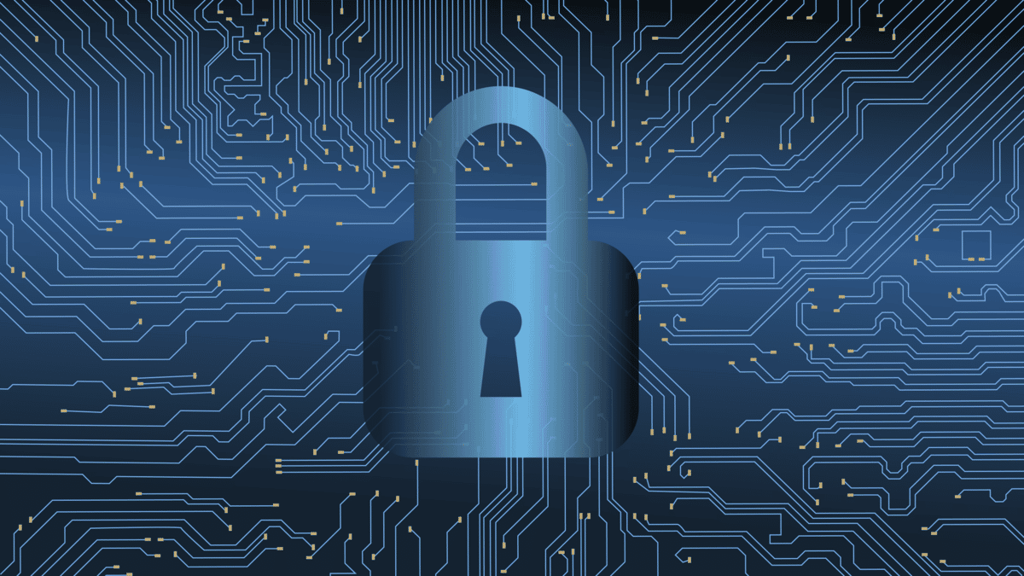Is there always a need for anti-virus software?
Under which circumstances do you really need it,
and under which is it not really necessary?
Mary’s Dilemma
My good friend Mary called me the other day. "My computer is
running so slowly," she complained, "and it really shouldn’t — it’s a five
month old P4 2.8Ghz with 512 megs of RAM and a 200 gig hard drive." I told her
I’d swing by and check it out for her.
When I got to looking at it it was immediately obvious to me that there was a
serious software problem. The machine was behaving like an old 386, but the
startup was quick and slick so I concluded that we weren’t looking for any
hardware faults.
"What’s the AV software you have on here?" I asked. "Huh?" came the reply. So I
looked through the "Add and Remove Programs", the Start menu, the Startup folder
and the system registry.
"Don’t you have any Anti-Virus software on this computer?" "Oh! no," she said as
dawn broke, "I don’t need it on that computer – it’s not connected to the
Internet."
Mary’s very bright lady – she holds three university degrees, but that was just
plain dumb! Suitable questions popped into my head: "Do you jump into whitewater
to find out if the current is too strong?" "Do you drive your car without brakes
to find out if it gets better mileage?" "Do you prod grizzlies with sticks to
see if it annoys them?" — and various others. But if refrained, and simply
asked, "do you ever put data files in here that come from another computer? Do
you ever install software in here, other than brand new, just broke the plastic
wrap, from the store, software?
Using my newly made (on a "safe" machine) anti-virus emergency boot CD, I
inspected her machine. Remarkably snappy performance when booted from the CD!
The AV ran its course and reported: three different viruses, one of them
occurring 1,493 times! I think I know what the slow-down was.
"How can that be?" inquired a perplexed Mary.
Her trouble started in her office. They have anti-virus software in the machines
in the office and so she felt safe bringing documents home on floppy disks to
work on at home. The trouble is, in her office there is no standing update
procedure and the AV virus definition files there are hopelessly out of date.
A Lesson Learned
Here then, is a synopsis of the lesson Mary learned:
-
Unless your computer is used exclusively on a mountain top in
Outer Mongolia and never exchanges information of any sort with any other
computer, anywhere, it is likely to be attacked by a virus program soon.
-
If you don’t have the latest, greatest Anti-Virus software on
your computer it will succumb.
-
If you have the latest and greatest Anti-Virus software on your
computer and the virus definition file was updated within the last three to five
days, it might not succumb.
With very few exceptions, a computer without anti-virus software
is just like a car without brakes – it simply isn’t safe.
So what do you do?
First, get a copy of a state-of-the-art anti-virus program. Don’t buy Joe’s
Great AV Software. There’s a good chance it actually contains a virus itself,
and an even better chance that there are lots of viruses it can’t detect. You
need an anti-virus program from one of the major vendors that has plenty of
budget to put into research, development and maintenance, and has all the
resource it needs to track newly appearing viruses. Look for companies like
Syamantec/Norton, Network Associates/McAfee, or Trend Micro. Panda Software and
a few others come in next, but Joe’s and Fred’s are definitely not on the list!
Once installed, run the automatic update over the Internet until it reports that
there are no more updates available (with some programs and some circumstances,
this might mean running the update more than once.) Having updated successfully,
reboot and run a full system scan. It may take a while, but it’s worth it to be
pretty certain that you are currently virus free.
Next, make an emergency boot disk. This is a bootable disk (or CD) that also
contains the anti-virus program and your latest virus definitions file. Being
made on a freshly scanned machine, this disk is most likely virus free and is
therefore your life-line should something go horribly wrong.
Now ensure that the real-time scanning and email and web scanning are on (which
they are by default in the major programs) and check to make sure the automatic
update is in place. If you have a broadband connection, set your program to
update itself every night. It won’t hurt to update often (there’s really no such
thing as too often,) and it gives you the highest chance of catching that newest
virus before it spreads to your machine.
Finally, use your head! Your anti-virus software should be your last line of
defense, not your first. The safety of your computer and the information it
holds begins with how carefully you think about what you do with it. Don’t bring
in copies of software from a friend. Apart from the legal issues, it just isn’t
safe. You introduce an unknown quantity into your system whenever you do this.
Do you know for certain, for example, that the Windows Explorer program on his
machine hasn”t been hacked to introduce a backdoor program? Do you know for
certain that that backdoor program didn’t replicate itself as they copied that
software? Sometimes the store price for a sealed software package is actually
the cheaper price!
Take care of yourself now, – and take care of your PC!!









